OUR WORK
Disability services tend to be thin on the ground in lower and middle income countries. For example, 80% of those who need Prosthetic and Orthotic (P&O) services do not have access to them. This amounts to many millions of people.
Exceed Worldwide has worked with partners in Southeast Asia and Sri Lanka since 1989 to establish 5 specialist Prosthetic & Orthotic (P&O) Schools. These institutions train local professionals to international standards and operate clinics which provide people with disabilities with high quality P&O treatment and devices on a charitable basis. In Cambodia, we provide community based support services which enable children and adults with disabilities to access opportunities for education, vocational training, employment or new business creation.
This work, supported by The Nippon Foundation, other organisations and individual donors, effectively established a new Prosthetic and Orthotic sector in Southeast Asia from a zero base. But, even though Exceed has trained over 500 P&O professionals, supplied some 60,000 custom-made devices, maintained over 230,000 devices, supported the establishment of more than 1,000 small businesses and helped thousands of children to attend and stay in school, much more is needed.
In Southeast Asia over 4 million people need, but do not have, access to P&O services and the position, n is equally or more acute in other regions. That’s why Exceed is working to find innovative and sustainable ways to expand the P&O sector and provide more accessible and more effective services and devices.
For example, we’ve established a social enterprise (Exceed Social Enterprises), which generates income from those who can afford to pay to support charitable services for the most disadvantaged and we coordinate an international research consortium (the Exceed Research Network) to respond to the need for high quality, applied disability and P&O research.
Our work depends on donations, so please support our work.
The people Exceed Worldwide supports are socially disadvantaged and have physical disabilities and mobility problems caused by explosive devices, road traffic accidents, work accidents, illness, congenital conditions or disease (e.g. diabetes, polio, cancer and cardio-vascular illnesses).
Victims of explosive devices require immediate medical treatment and support, but this is only one element on a spectrum of assistance as the children, adults and families who use our services require lifelong support regardless of the cause of their disability.
